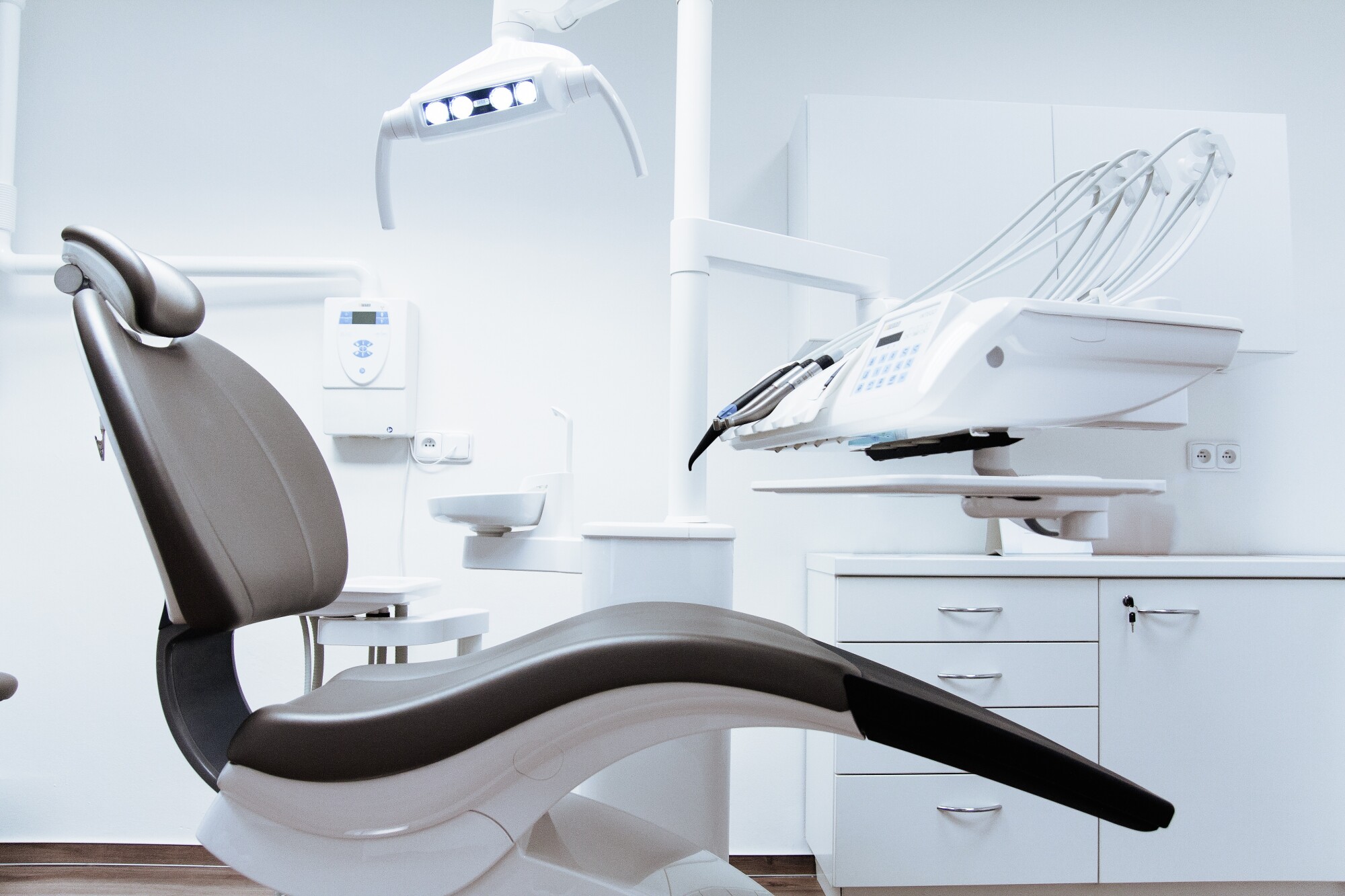What Was That? Signs of Hearing Loss You Should Know

The number of Americans suffering from hearing loss has doubled over the past 30 years.
This shouldn’t come as a surprise, given the popularity of earbuds, headphones, and the high volume of concerts today. Even if you’re not in the music business or don’t work on loud construction sites, you’re at risk for hearing loss.
The ear is a delicate organ and is easily susceptible to damage. Unfortunately, many people don’t realize they’re doing harm to their hearing until they start to notice the side-effects.
To help educate you, we’re going over some of the top signs of hearing loss. But first, let’s go over the primary reasons people lose their hearing.
Reasons for Hearing Loss
There are two primary reasons for hearing loss – age and exposure to loud noise.
Around one in three people between 65 and 74 experience loss of hearing to some degree. It’s important to note that some senior citizens start to lose their hearing as a result of exposure to loud noise from time to time throughout their entire lives. In other instances, hearing disability at an old age is attributed to an individual’s genes.
Younger adults who notice symptoms of hearing loss may frequently expose themselves to loud noises, causing quicker (and sometimes more harmful) damage. Those working in construction, carpentry or at factories are at a higher risk.
Musicians may also experience hearing loss without earplugs. Music lovers who like to blast their earbuds or headphones at full volume will eventually notice signs of hearing damage as well. Rock music isn’t as fun at lower volumes, but turning down could increase the longevity of your hearing.
Signs of Hearing Loss
If you think your hearing may be at risk, but aren’t sure, let’s go over some warning signs. It’s important you see a doctor to confirm the problem and go over treatment options.
Technology to help the hearing impaired has come a long way. If you have severe hearing loss, there are effective options, such as choosing a hearing aid that will suit your level of hearing impairment.
Temporary
Individuals who experience temporary hearing loss usually do so after a single exposure to loud noise such as a concert or fireworks.
When this happens, you’ll only hear louder sounds for a short amount of time. This is referred to as a temporary threshold shift. You may also experience tinnitus, which creates a buzzing or ringing sound in your ears.
These symptoms typically last anywhere from several hours to a few days, depending on the volume and length of exposure to a loud noise.
While this is the most minor form of hearing loss, if it happens too frequently, the problem will eventually get worse. The more times your ears suffer from tinnitus and temporary threshold shift, the harder it is for them to recover.
Mild
Although the term “mild” may seem indicative of a minor issue, you shouldn’t ignore this problem. Instead, take measures to protect your ears and see a doctor if you feel you need a hearing aid.
With mild hearing loss, you can still hear a person speaking quietly and you won’t have trouble hearing the person on the other end of a phone call. However, quieter noises become harder (and sometimes impossible) to hear.
These sounds may include whispering, the ticking of a clock or a faucet dripping. A hearing aid will easily amplify these sounds.
Mild hearing loss happens after long-term exposure to noise. If you work in a factory or play loud music regularly, you need to start wearing ear protection immediately in order to preserve your remaining hearing.
Moderate
If you damage your ears to the point of moderate hearing loss, daily life may start to get frustrating.
If gone untreated, moderate hearing loss can make it hard to hear someone’s normal speaking voice. It may sound like someone is mumbling when they’re actually speaking clearly.
You could also have trouble hearing things like a phone ringing or a text message alert. Another warning sign is if you need the television turned up in order to hear it properly.
If this is the case, you need to see a doctor immediately. They can provide ways to preserve your remaining hearing and also provide treatment solutions for your hearing loss. These treatment options could include hearing aids or a more proactive approach like a middle ear implant.
Severe
After years of exposure to excessive noise or with age, you may experience severe hearing loss, which is much more debilitating.
During this advanced hearing impairment, you’ll have trouble hearing things like loud voices or busy street noise. Conversations will become difficult and you may notice tinnitus.
At this stage, you’ll require more powerful hearing aids or middle ear implants to regain the hearing you once had.
Profound
The most harmful degree of impairment is referred to as profound hearing loss. At this stage, you’ll have trouble hearing even loud noises like a fire alarm or engine.
Unfortunately, at this stage, most of your hearing is heavily damaged. However, as we stated earlier, there are amazing tools and procedures that aid individuals who suffer from near-total hearing impairment.
Talk to a doctor and discuss treatment options such as implants.
Protect Your Ears Now and Enjoy a Life of Healthy Hearing
If you’ve noticed some of the warning signs of hearing loss we went over in this article, you need to start taking measures to protect your ears. There’s a good chance you can preserve your hearing and not have to worry about it in the future.
If you think your impairment has advanced to the later stages, it’s important to see a doctor immediately.
For more interesting articles and useful tips, check out our blog today.



